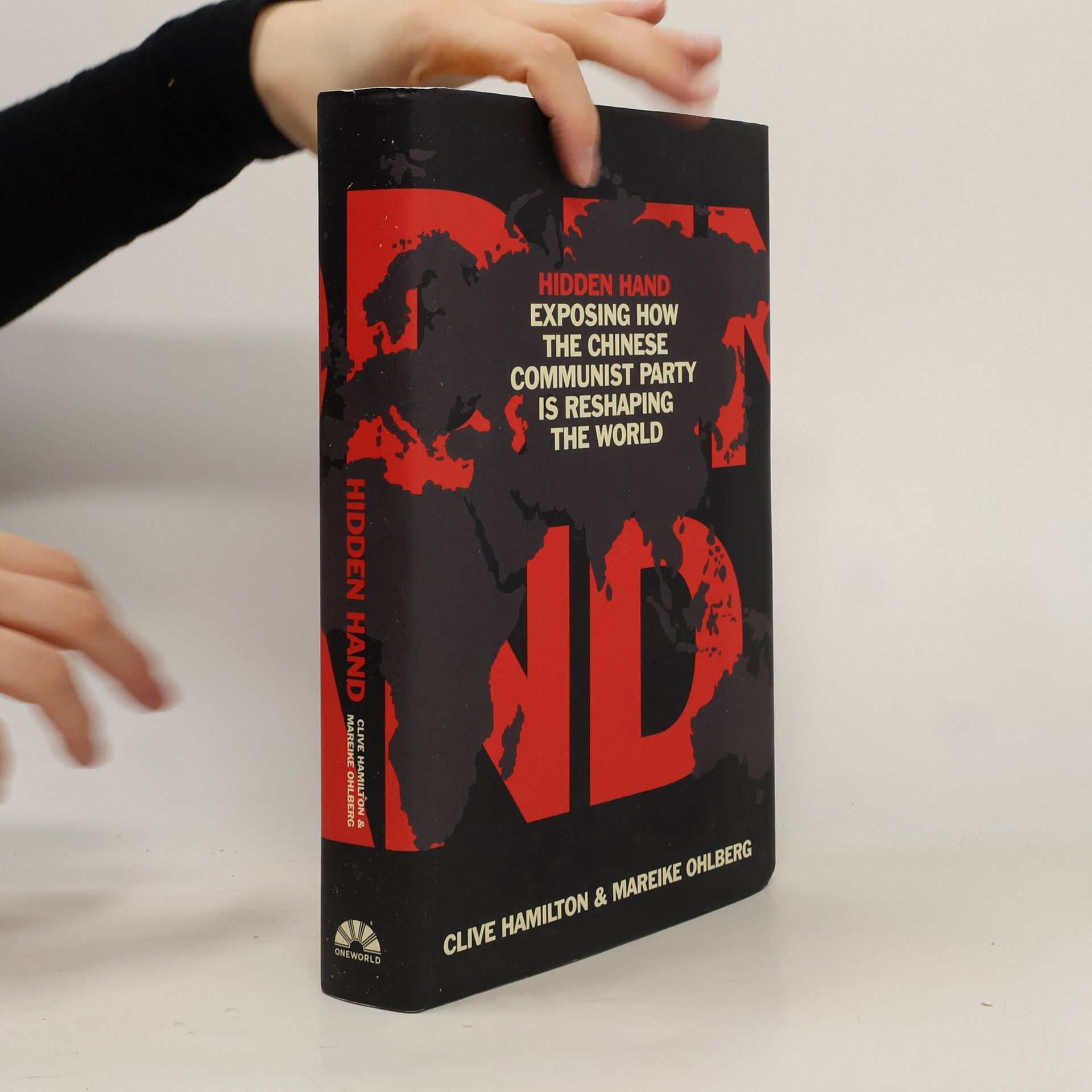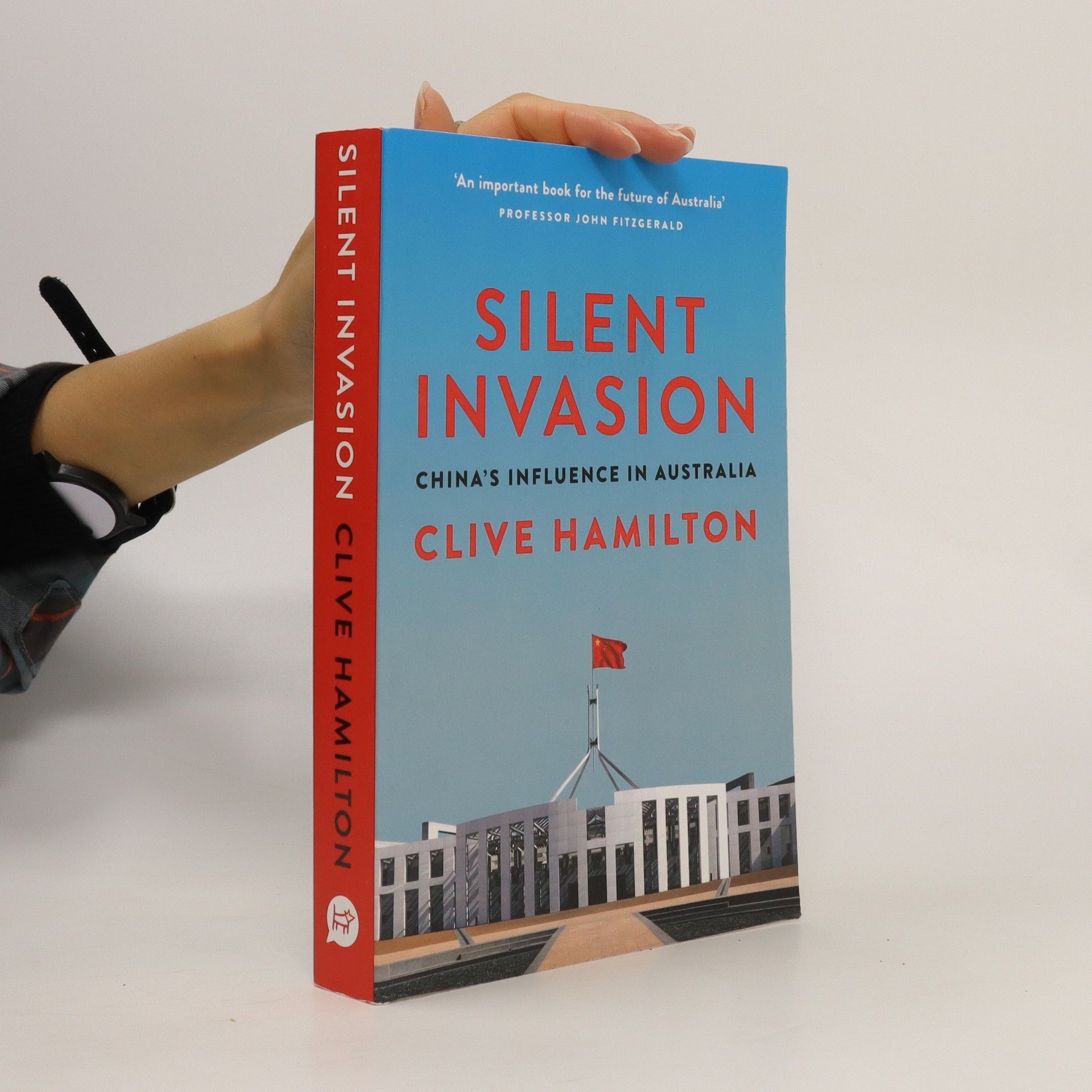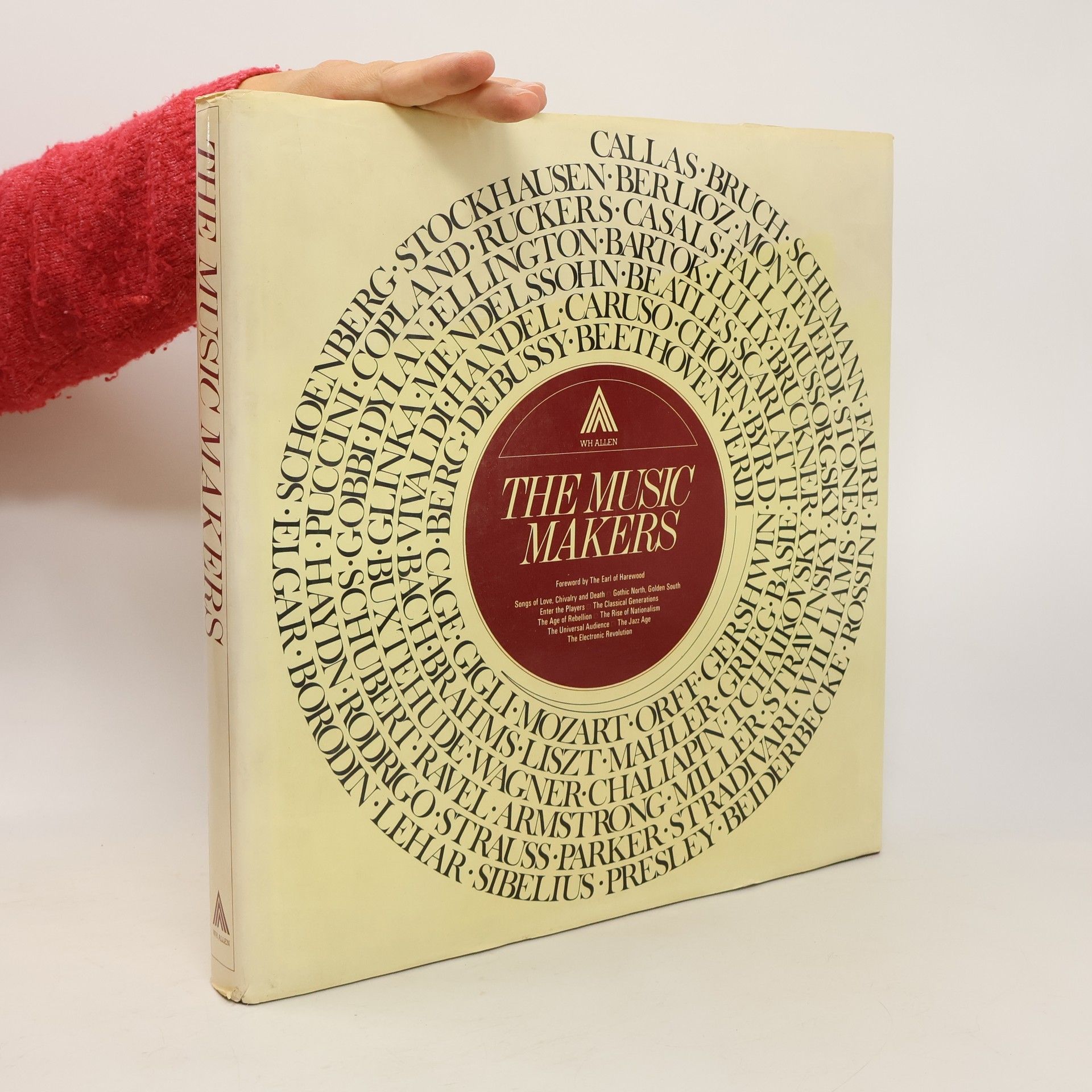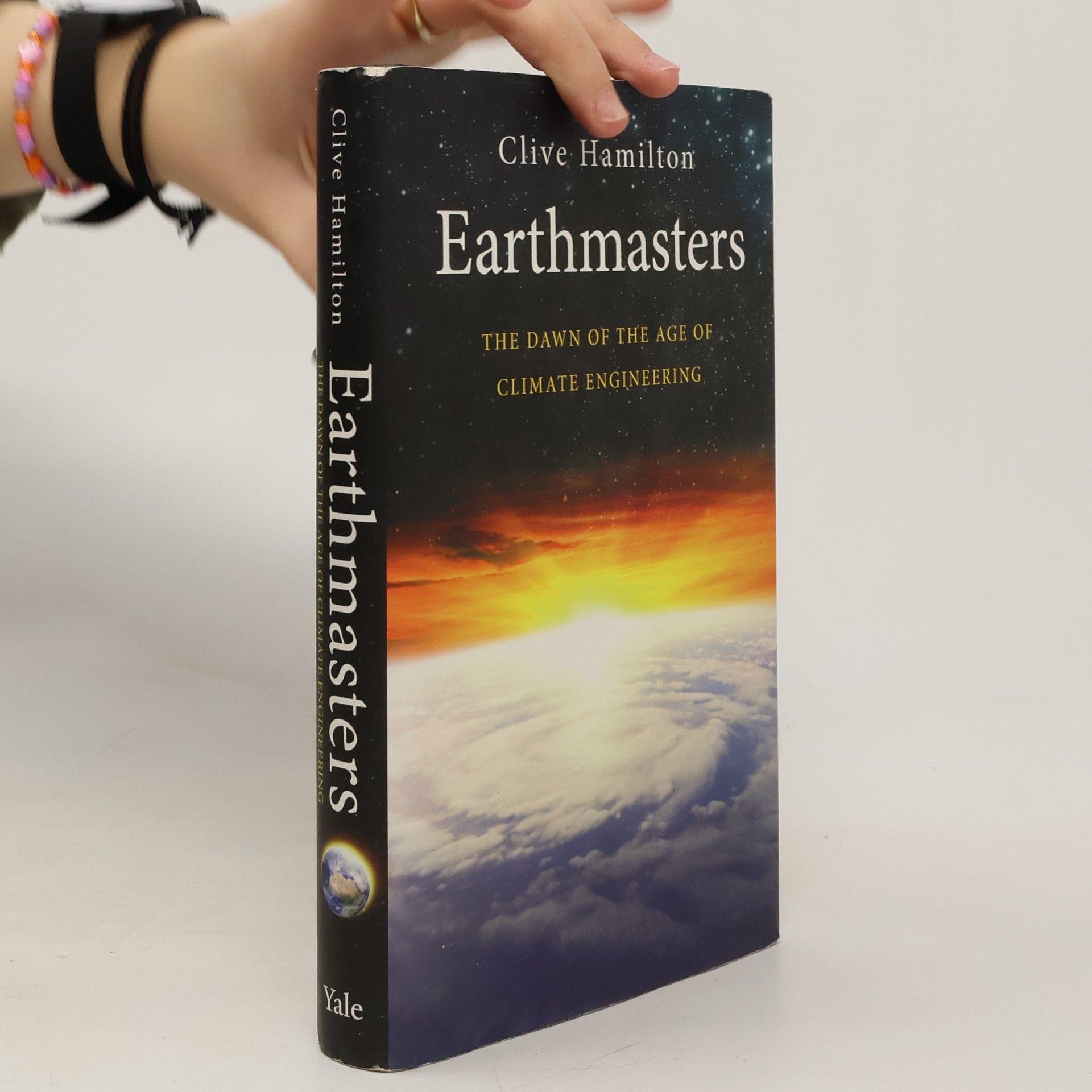Clive Hamilton has spent a life asking why. In his unique memoir, Provocateur, he shows us why questioning the status quo matters, how powerful arguments can change the country, and how the life of ideas in action actually works. From why climate change matters to how we understand ourselves as Australians and the dangers to us of the new authoritarianism – all this and more has been shaped, for better or worse, by public researchers and writers like Hamilton. His work, and that of the Australia Institute he founded, made him many friends as well as powerful enemies. He’s been denounced in federal parliament, black-handed by the Chinese Communist Party and sued by an angry corporation. He’s had to call in the police after death threats and take a crash course in counter-surveillance techniques. But he has also influenced the quality of the air Australians breathe, the cost of our education and how we see Australia’s place in the world. In Provocateur, we see the passions, the doubts, the strategising, the fears, the victories, the mistakes and the questioning. Here is a blueprint for changing public debate in our increasingly uncertain times – proof that ideas are powerful and that a different way into the future is possible.
Clive Hamilton Boeken
Clive Hamilton is een Australische publieke intellectueel en professor in de publieke ethiek. Zijn werk onderzoekt kritisch de ethische dimensies van klimaatverandering, duurzaamheid en maatschappelijke trends. Hamilton wordt erkend voor zijn bijdragen aan het publieke debat en de beleidsontwikkeling, met als doel dringende mondiale uitdagingen te ontleden en aan te pakken. Zijn benadering, geworteld in filosofie en ethiek, biedt lezers diepgaande inzichten in de kritieke kwesties van onze tijd.






Goes to the heart of the unfolding reality of the twenty-first century: international efforts to reduce greenhouse gas emissions have all failed and before the end of the century Earth is projected to be warmer than it has been for 15 million years.
Silent Invasion. China's Influence in Australia
- 376bladzijden
- 14 uur lezen
Thoroughly researched and powerfully argued, Silent Invasion is a sobering examination of the mounting threats to democratic freedoms Australians have for too long taken for granted
Male and white privilege are on the decline, yet elite privilege has gone from strength to strength. The privileges enjoyed by the rich and powerful are not only unfair but cause widespread harm, from the everyday slights and humiliations visited on those lower down to the distortions in the labour market when elites use their networks to secure plum jobs, not least in new domains like professional sports. In this book, Clive Hamilton and Myra Hamilton show that elite privilege is not a mere by-product of wealth but an organising principle for society as a whole. They explore the practices and processes that sustain, legitimise and reproduce elite privilege, and show how we are all implicated in the system, both facilitating it and tolerating its harmful effects. Building on their original fieldwork and a wide range of other sources, the authors paint a vivid picture of the micropolitics of elite privilege, highlighting in particular the vital role played by exclusive private schools. Ranging across topics as diverse as 'glamour suburbs,' philanthropy, Rhodes scholarships and super-yachts, The Privileged Few gets beneath attempts at concealment to expose how the elites keep getting away with it.
Requiem for a Species
- 286bladzijden
- 11 uur lezen
This book does not set out once more to raise the alarm to encourage us to take radical measures to head off climate chaos. There have been any number of books and reports in recent years explaining just how dire the future looks and how little time we have left to act. This book is about why we have ignored those warnings, and why it is now too late. It is a book about the frailties of the human species as expressed in both the institutions we built and the psychological dispositions that have led us on the path of self-destruction. It is about our strange obsessions, our hubris, and our penchant for avoiding the facts. It is the story of a battle within us between the forces that should have caused us to protect the Earth - our capacity to reason and our connection to Nature - and those that, in the end, have won out - our greed, materialism and alienation from Nature. And it is about the 21st century consequences of these failures. Clive Hamilton is author of the bestselling Affluenza and Growth Fetish, of Scorcher, and most recently Freedom Paradox.
Hidden Hand
- 432bladzijden
- 16 uur lezen
China is a growing threat to democracy and liberal values around the world
This book goes to the heart of the unfolding reality of the twenty-first century: international efforts to reduce greenhouse gas emissions have all failed, and before the end of the century Earth is projected to be warmer than it has been for 15 million years. The question “can the crisis be avoided?” has been superseded by a more frightening one, “what can be done to prevent the devastation of the living world?” And the disturbing answer, now under wide discussion both within and outside the scientific community, is to seize control of the very climate of the Earth itself. Clive Hamilton begins by exploring the range of technologies now being developed in the field of geoengineering--the intentional, enduring, large-scale manipulation of Earth’s climate system. He lays out the arguments for and against climate engineering, and reveals the extent of vested interests linking researchers, venture capitalists, and corporations. He then examines what it means for human beings to be making plans to control the planet’s atmosphere, probes the uneasiness we feel with the notion of exercising technological mastery over nature, and challenges the ways we think about ourselves and our place in the natural world.
Die lautlose Eroberung
Wie China westliche Demokratien unterwandert und die Welt neu ordnet - Mit einem aktuellen Vorwort der Autoren
Gefährlicher Rivale statt unverzichtbarer Partner: Mit welchen Strategien China die Welt erobert Chinas Aufstieg zur Weltmacht ist unaufhaltsam. Lange erwartete man, dass sich das Land mit zunehmendem Wohlstand demokratisieren würde. Doch das Gegenteil ist der Fall. Die Kommunistische Partei Chinas will sich mit allen Mitteln an der Macht halten. Dafür werden Wirtschaft und Gesellschaft im eigenen Land auf Linie gebracht und ein weitreichendes Programm wurde entwickelt, mit dem China die westlichen Demokratien unterwandert und eine neue Weltordnung etablieren will. Dabei setzt es nicht nur seine Wirtschaftsmacht als Waffe ein, sondern die gesamte Bandbreite seiner Politik. Wie vielfältig der chinesische Einfluss auch bei uns bereits ist, enthüllen die beiden Autoren an zahlreichen Beispielen – ein Anstoß zu einer dringend notwendigen Debatte: Wie soll Deutschland, wie Europa mit der neuen Weltmacht China umgehen? Mit einem aktuellen Vorwort der Autoren. Ausstattung: ca. 6 Grafiken



